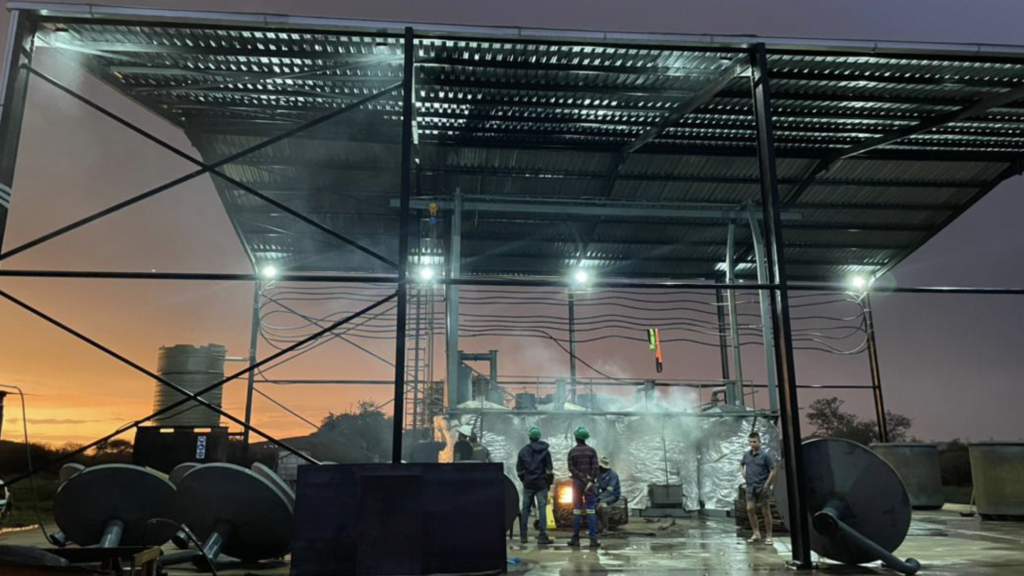Namibia makes strides in green energy with sale of first carbon credits

Namibia has taken a big step toward greener energy by selling its first carbon credits to European companies.
Carbon credits are like rewards for reducing pollution by helping companies balance out their carbon emissions by supporting clean energy efforts elsewhere.
Carbon Capture and Storage Namibia (PyroNam), which spearheaded the move noted that their Waltershagen plant recently sold credits to companies in Europe.
Through a process called biochar production, unwanted bushes are transformed into a charcoal-like substance that is added to the soil to trap carbon and improve farming.
Eck Volkmann, PyroNam’s biochar manager, said the company’s goal is to build 50 more plants by 2030, but they need much more funding to make it happen.
PyroNam currently operates in Waltershagen and Otjiwarongo, with plans for another plant in Waterberg. These plants work by taking bush biomass from local farmers, who supply it directly.
Volkmann explained that this biomass is turned into biochar by heating it without oxygen, creating a product that can help plants grow better and need less water.
Biochar production doesn’t just benefit farmers. Volkmann shared that by using unwanted bush, which can crowd the land, the company also supports local agriculture and cuts down greenhouse gas emissions.
Currently, the Waltershagen plant employs around 20 people, with local farmers involved in gathering the bush biomass.